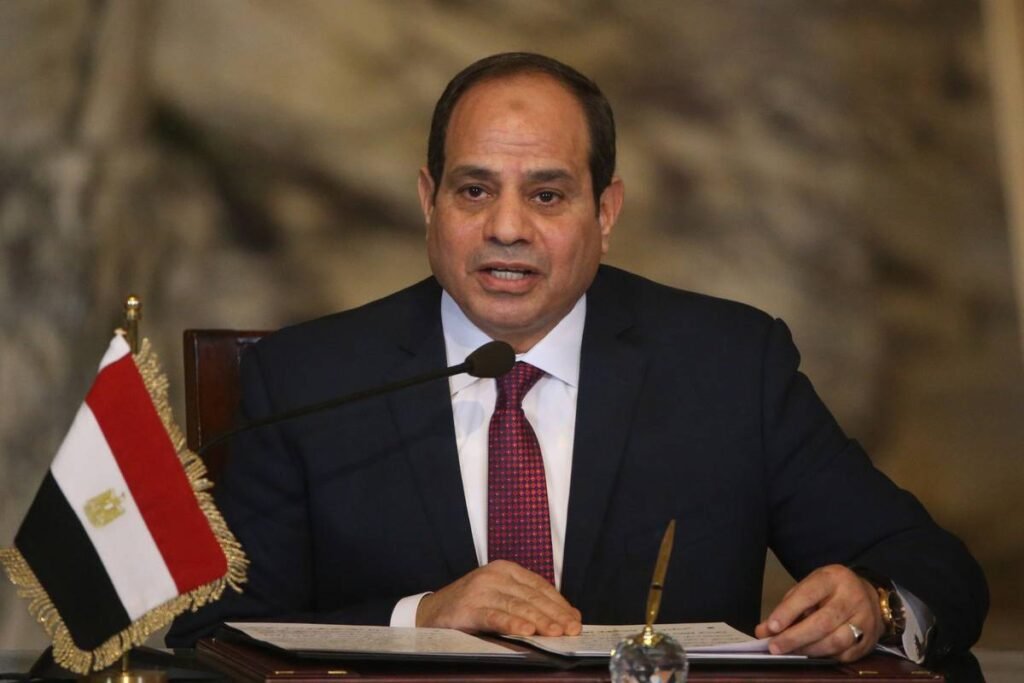Entering his third term, President Abdel Fattah al-Sisi of Egypt embarks on a challenging journey, despite a significant influx of funding.
His overwhelming victory in December’s presidential election, securing 89.6 percent of the votes against lesser-known contenders, marks the start of what promises to be a pivotal term.
Formally commencing his third tenure on Wednesday, the 69-year-old leader is slated to take the oath before parliament the day prior.
This six-year mandate is expected to be his final unless further constitutional amendments extend his rule once more.
As Cairo grapples with the aftermath of a gruelling two-year economic downturn and severe currency shortages, speculation looms regarding a potential cabinet reshuffle. Observers analyse the administration’s moves as Egypt strives to navigate its way out of crisis.
At the onset of 2024, the Arab world’s most populous nation appeared on the brink of financial collapse and default. However, a sudden infusion of over $50 billion in loans and investments reshapes the narrative.

Notably, the United Arab Emirates unveils a $35-billion land development agreement for Egypt’s Ras al-Hikma, while the International Monetary Fund boosts its loan to over $3 billion. Additionally, the World Bank and European Union finalise new financing accords.
Former deputy prime minister Ziad Bahaa-Eldin describes this massive bailout as a lifeline, preventing Egypt from descending into chaos.
Following these agreements and a fresh currency devaluation — the fifth since 2016 — signs of economic recovery emerge. Egypt’s credit ratings receive a boost from financial institutions, signalling optimism as previously stalled imports begin to flow into the import-dependent economy.









